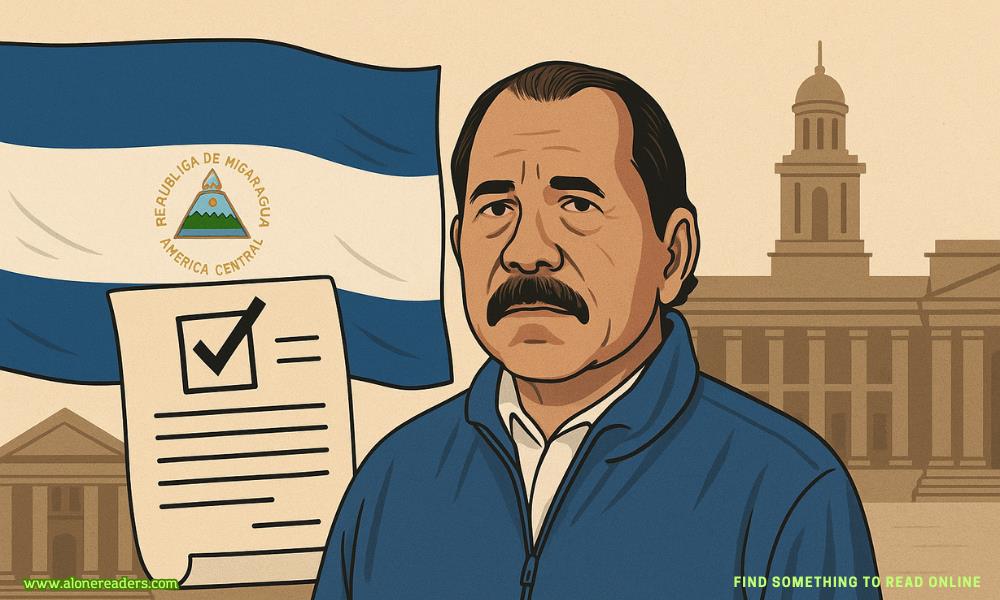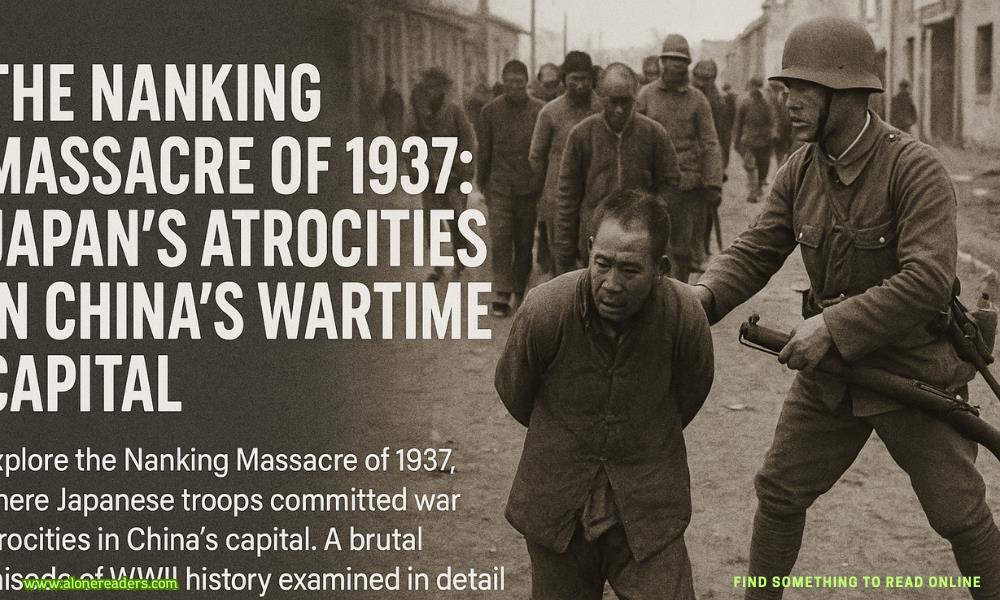Page 55 of Roommating
I push my lips together. “Who?”
“The girl from the library… and Keybar.”
My face heats up. “Oh. Okay. Thanks for telling me.” I tap my fingers along my thigh. “Your timing is weird though.”
“Yeah, well, it’s a distraction from…” He waves his hand around the waiting room. “All this.”
I nod. Since he opened it up, I’ll see his distraction and raise it with a nosy question. “Doessheknow you’re not with her?”
“She does now.”
My eyebrows lift.
“I let her down easily.” He pins his eyes on me. “I have a crush on someone else.”
I blink hard. He means me. I like this boy so much and I’m also so afraid for Marcia. The storm of emotions brewing inside me is overwhelming.
Adam takes my hand and squeezes. “Thank you for being there for my grandma when I wasn’t.”
I squeeze back. “You’re here now.” We stare meaningfully at each other for a beat before dropping hands and returning to our individual worries about Marcia.
I give up onTRHOPand attempt to use the time wisely on a reading assignment for school. I’m on my second read-through of an article on “identifying information need through storytelling”—because I only absorbed every third word the first time—when the door from the restricted area swings open and a middle-aged Black woman in a white lab coat over scrubs approaches us. Her badge identifies her as Dr. Samantha Philips. “You’re Marcia Haber’s family?”
We stand. “Yes. I’m her grandson. This is her roommate… her friend,” Adam says, pointing his elbow at me. “How is she?”
The next words out of this doctor’s mouth mean everything and my tear ducts activate, prepared to cry in devastation or relief.
“Your grandmother is going to be fine.”
Next to me, Adam lets his head drop back and gives thanks to the ceiling.
I cover my eyes with my hands and breathe deeply.
Once our bodies recover from the initial relief response, Adam asks, “What happened?”
“Did she… did she have a stroke? Her words were all jumbled. I read that was a sign of a stroke,” I say.She’s going to be fine.
“I caution you not to rely on WebMD for a medical diagnosis,” Dr. Philips says, not unkindly. “Although slurred speechcanbe a sign of a stroke, Marcia went into a hypertensive crisis, which is a sudden, severe increase in blood pressure. The symptoms—chest pain, shortness of breath, slurred speech—can all mimic a stroke. If not treated immediately, it could lead to a heart attack or stroke, so it’s lucky you found her when you did and got her here so quickly.”
Even though she’s going to be fine, my nerves fire up at the knowledge Marcia might not have been as lucky if we hadn’t gotten home when we did. Maybe we should have taken the subway.
Dr. Philips studies me. “I can see your brain working overtime. There’s nothing you could have or should have done differently. You were perfect. She’ll be fine.”
“What happens now?” Adam asks.
“I’ll work with her internist to monitor the dosage of her blood pressure medication more closely to prevent it from happening again. I’m holding her overnight for observation, but you can see her now.”
“You go first,” I tell Adam. “You’re blood.”
He shakes his head. “You’re like her best friend. You should go first.”
The doctor glances between us in confusion. “You can both see her together if you want.”
“Oh, right,” I say at the same time Adam says, “I didn’t know that was an option.” We look at each other and laugh.
Dr. Philips leads us through the doors and down the hallway. After two lefts and a right, we arrive outside her room, and the doctor leaves us alone with a promise to come check on Marcia later.
She’s in the bed closest to the door with her eyes closed. There’s a sheet midway through the room dividing it in half for another patient. Even in a twin-size bed, Marcia looks tiny in her hospital gown. I’m struck again by how fortunate we are that she can be fixed with medication when others in hospitals meet with much worse fates. My eyes prickle.
- The Greek Billionaire's Rejected Secretary by Marian Tee
- Devil's Bride by Piper Stone
- Hollow by Alta Hensley
- Wet Paint by Seven Rue
- The Single Dad by Lena Little
- Seduced By the Enemy by Clare Connelly
- Monsters and Beauties: Complete Series Collection by Jenika Snow
- Dance of Madness by Jagger Cole
- Not a Gift by Jade Marshall
- Mafia Boss' Surprise Baby by Natasha L. Black
- Little Nightmare by Rachel Van Dyken
- Devotion by Lisa Cullen
- Descent by Lisa Cullen
- Campus Daddies by Sofia T. Summers
- Unbridled by Jeanne St. James
- Arrogant Rucking Player by Sofia Aves







